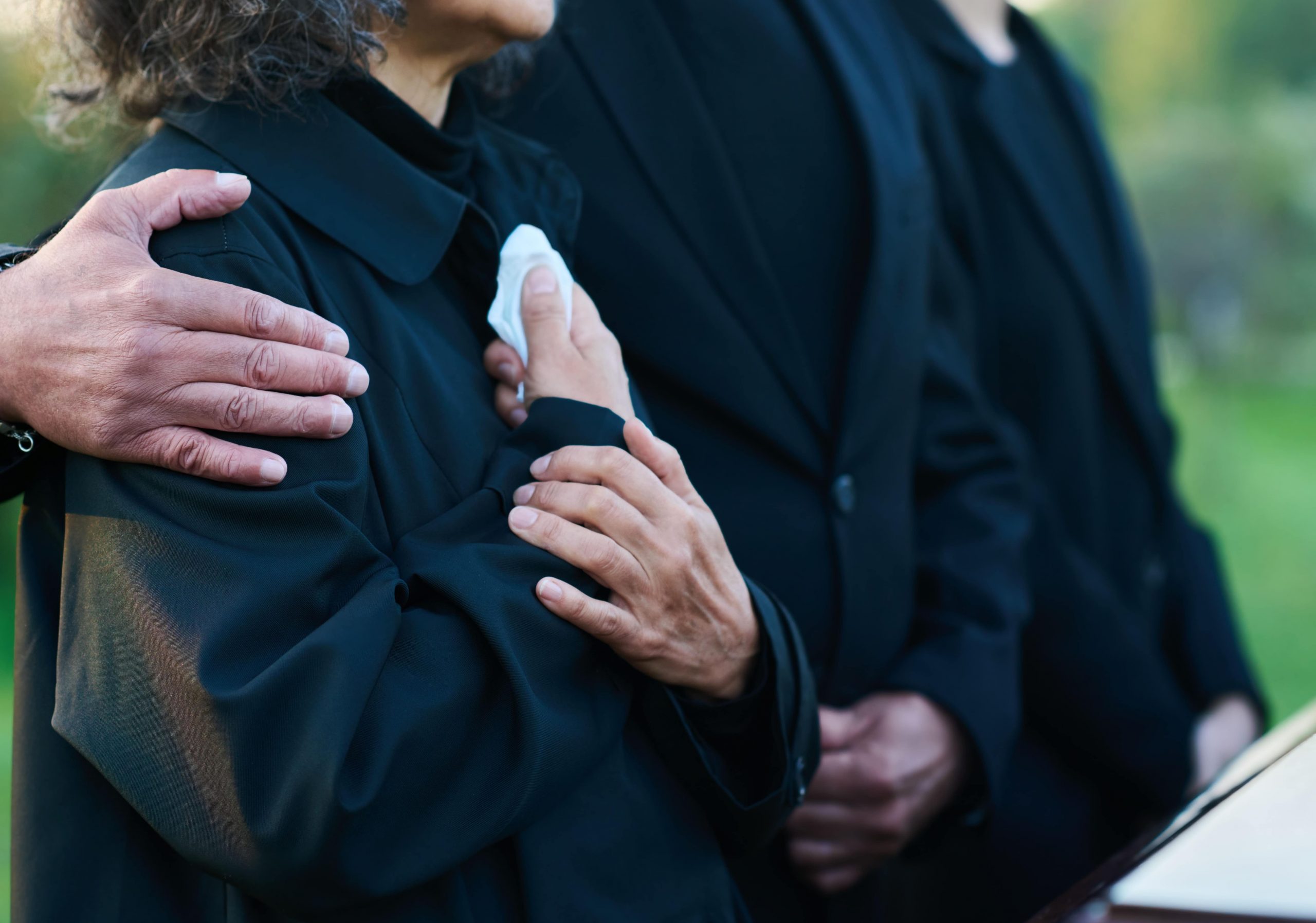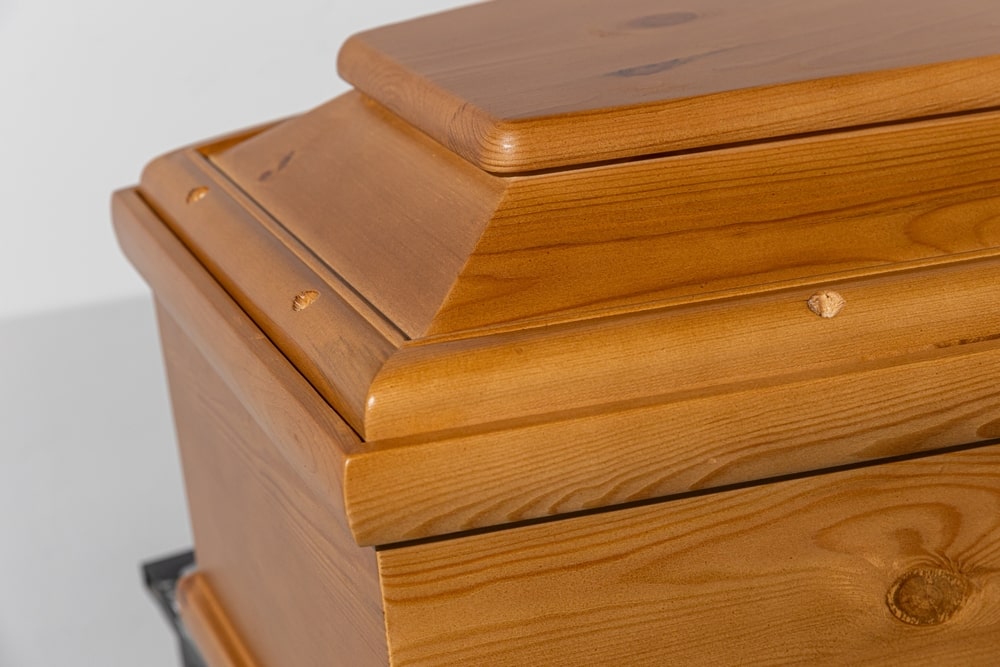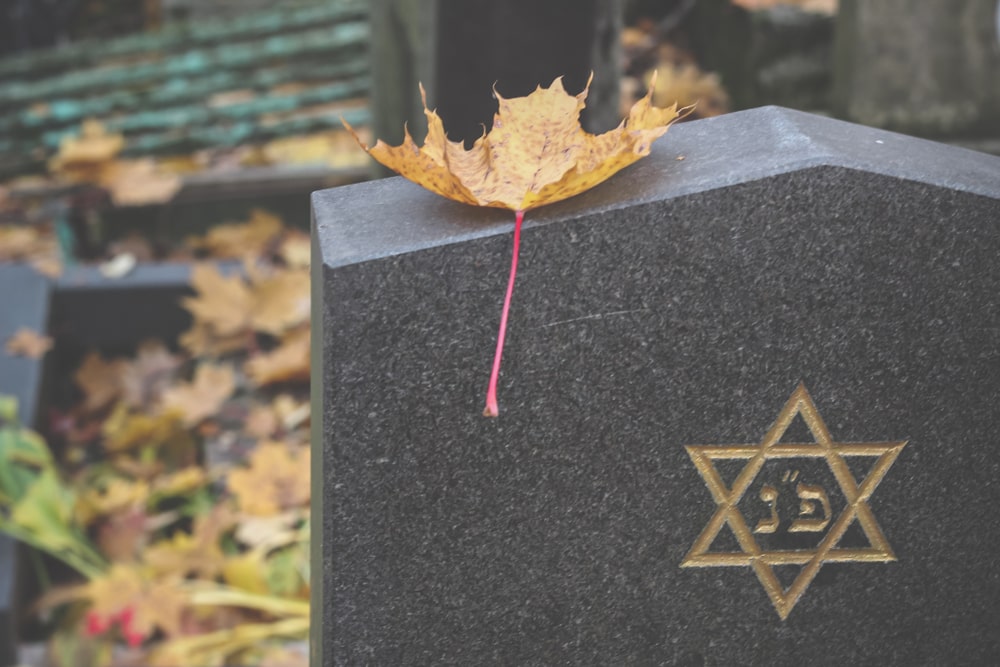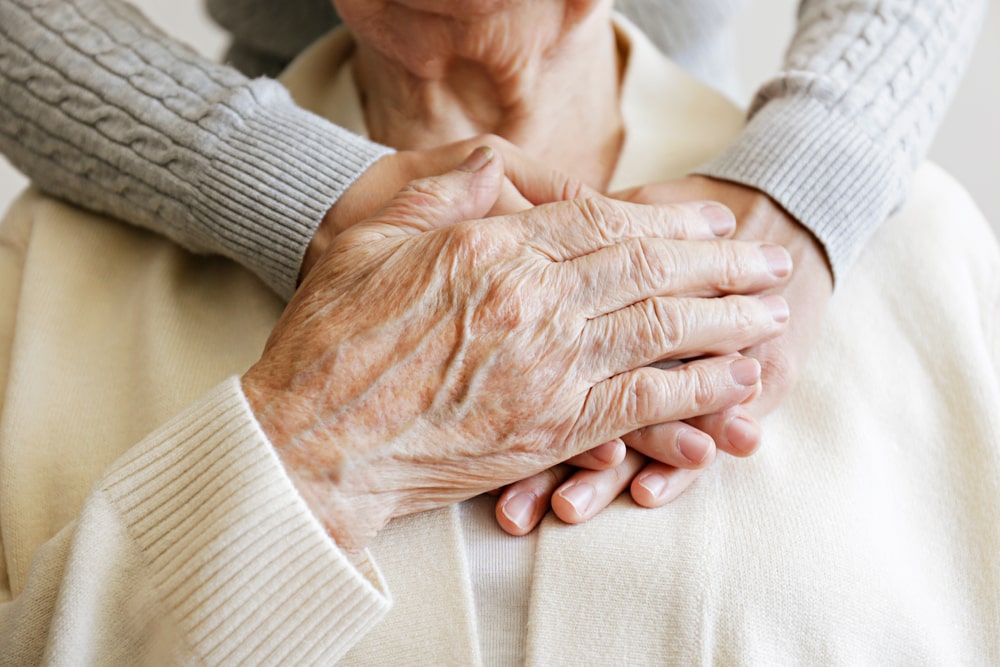Attending a funeral is a profound way to show respect and offer comfort to those who are grieving. But attending a service for someone in a faith tradition you’re unfamiliar with can be intimidating. This is especially true for non-Jews attending a Jewish funeral for the first time. Many of the customs and traditions included in a Jewish funeral may be unfamiliar to non-Jews.
If you’ve been invited to a Jewish funeral, don’t hesitate to attend and support the grieving family! If you are respectful and sensitive, your presence will be appreciated. And while every Jewish funeral will look different depending on the Jewish family’s level of observance, this guide can help you better understand what to expect. Let’s get started!
Deciding What to Wear

While non-Jewish funeral attendees aren’t always required to adhere to Jewish rules about modesty, it’s best to dress respectfully. Generally, it’s a good idea for both women and men to wear clothing covering their knees, shoulders, and elbows.
Wearing black typically isn’t a requirement, but choose colors and patterns that are more muted and not showy. Avoid clothing with many embellishments, and when in doubt, opt for business casual. Good options include pants and a collared shirt or suit for men and a long dress, skirt, or slacks for women. Additionally, if you’ll be outside at the funeral or graveside service, dress for the weather and wear shoes you can walk across dirt and grass with.
Non-Jews are generally exempt from Jewish rules about head coverings. But if the funeral occurs in a synagogue, men and/or women may be required to cover their heads or hair. Synagogues may have yarmulke, also known as kippah or skullcaps, available for men to use at the entrance. When in doubt, you can bring a hat or, for women, a scarf to cover your head if requested.
Understanding a Few Traditions

Jewish funerals often involve many different traditions and rituals. While you may not see or hear about all of these, depending on the family’s level of observance, here are a few of the most common traditions.
Burial within 24 hours: Many branches of Judaism believe that the deceased should be buried within 24 hours of death, although some traditions allow 72 hours.
Ritual washing: Before burial, Jewish community members wash and prepare the body, dressing the deceased in a white garment called a tachrichim.
Wooden casket: In many Jewish traditions, burial occurs without any metal, including metal caskets or nails, which makes wooden caskets the traditional choice.
Closed casket: Jewish funerals will almost always be closed casket funerals, as viewing the deceased is considered a violation of their privacy.
Natural burial: Most Jewish burials are natural, as Jewish law prohibits tampering with a body, which means that bodies are not embalmed except in special circumstances.
Asking for forgiveness: You may see mourners whispering near the casket. They might be asking for forgiveness from the deceased, resolving bad connections, or saying words they wish they had.
Kriah/tearing: Immediate family or very close friends of the deceased may have a piece of their clothing cut or torn or a black ribbon pinned to their clothing. This symbolizes how the loss of a family member tears the family.
If a Jewish funeral doesn’t include one of these traditions or seems out of the norm, remember that different branches of Judaism have different traditions. Avoid drawing attention to differences as they may be sensitive topics, especially if there were family disagreements about what to include in the service.
Attending the Funeral

Jewish funerals are typically held at the graveside, a synagogue, or the funeral home. In Jewish tradition, flowers are not acceptable for funerals, so there will usually be no flowers at the service.
Before the funeral, the grieving family should not be greeted except by other very close family members or friends, and often, you may not see the family until the service starts. In many Jewish traditions, those offering condolences should wait for the family to speak to them first before sharing their sympathies, which typically occurs while the family sits shiva in the days following the service.
While the contents of the funeral may vary, most Jewish funerals will include prayers and recitations of Psalms. There may or may not be a eulogy, depending on the family’s level of observance. For readings and prayers, you may participate if you feel comfortable, but it’s not necessary. If you do, keep your voice soft and respectful and take cues from those around you.
Just like at any funeral, observe general etiquette rules and keep your cell phone off and out of sight. Unless you are a very close friend of the family, sit a respectful distance away.
Attending the Graveside Service

Burial will typically occur immediately after the funeral. Often, only close family and friends will go to the graveside service, so if you don’t know the family well, it’s usually okay to skip it as a non-Jew.
There may be several readings or prayers at the graveside. Mourners will typically recite the burial or graveside Kaddish, a traditional Jewish prayer. In some branches of the Jewish faith, only male mourners will recite the Kaddish. Others do allow women to participate in reciting the prayer. If you’re not in the Jewish faith, you don’t need to worry about joining in the Kaddish.
During the service, mourners often take turns shoveling earth into the grave. While you aren’t required to participate, it can be a beautiful way to pay your respects to the deceased.
After the graveside service, Jews usually wash their hands, whether at the cemetery or before entering a home. As a non-Jew, you’re not required to participate, but if you wish to, follow the lead of those around you.
Sharing Your Condolences

If you’re unable to attend the funeral or just wish to express your sympathies to the family after the fact, there are a few things you can do to share your condolences. In the days following a funeral, Jewish families sit shiva, where friends and family comfort them at home. If you’re interested in visiting the family during shiva, check out this article to learn more about what to expect.
When offering your condolences to a Jewish family, wait for the family to greet you before speaking with them. Avoid referring to an afterlife and instead focus on the memory of the deceased. For example, you could say, “May his memory be a blessing” or “May her memory bring you comfort.” If you send a sympathy card or condolence letter, make sure not to send anything with a Biblical quote from the New Testament.
If you wish to send the family a gift, keep a few things in mind. While flowers are often used at non-Jewish funerals, don’t send flowers to the mourners at a Jewish funeral. You can bring food to the family, but ask about food sensitivities and whether or not kosher food is required. Memorial donations to organizations or causes important to the deceased or the family are another option you can explore. But don’t feel pressured to give anything, especially if you’re not used to preparing kosher food. Your presence is enough.
As you plan to attend a Jewish funeral, remember that your presence matters most. As long as you are kind and respectful, the family will appreciate your support while you pay respects to the deceased.




